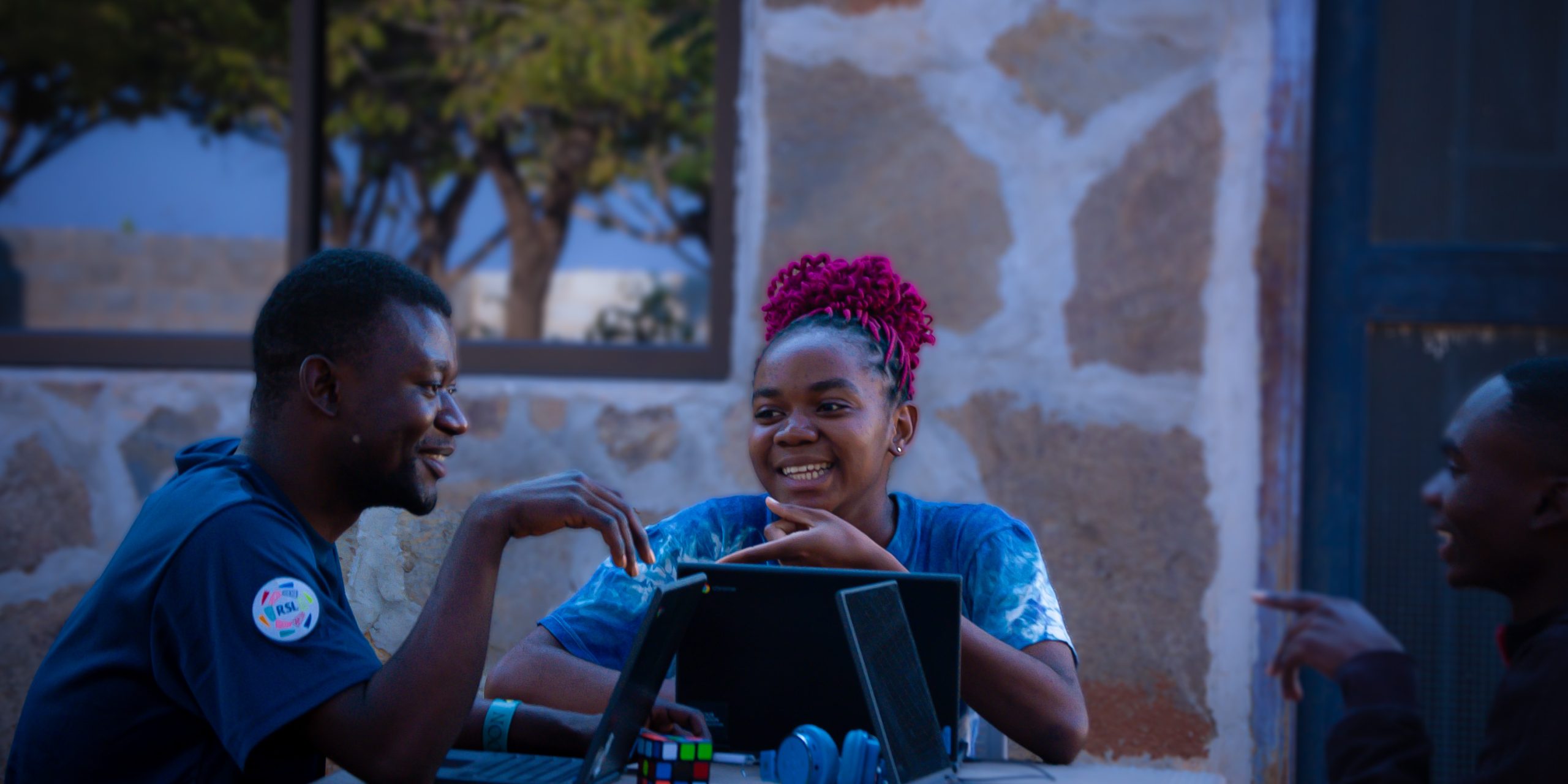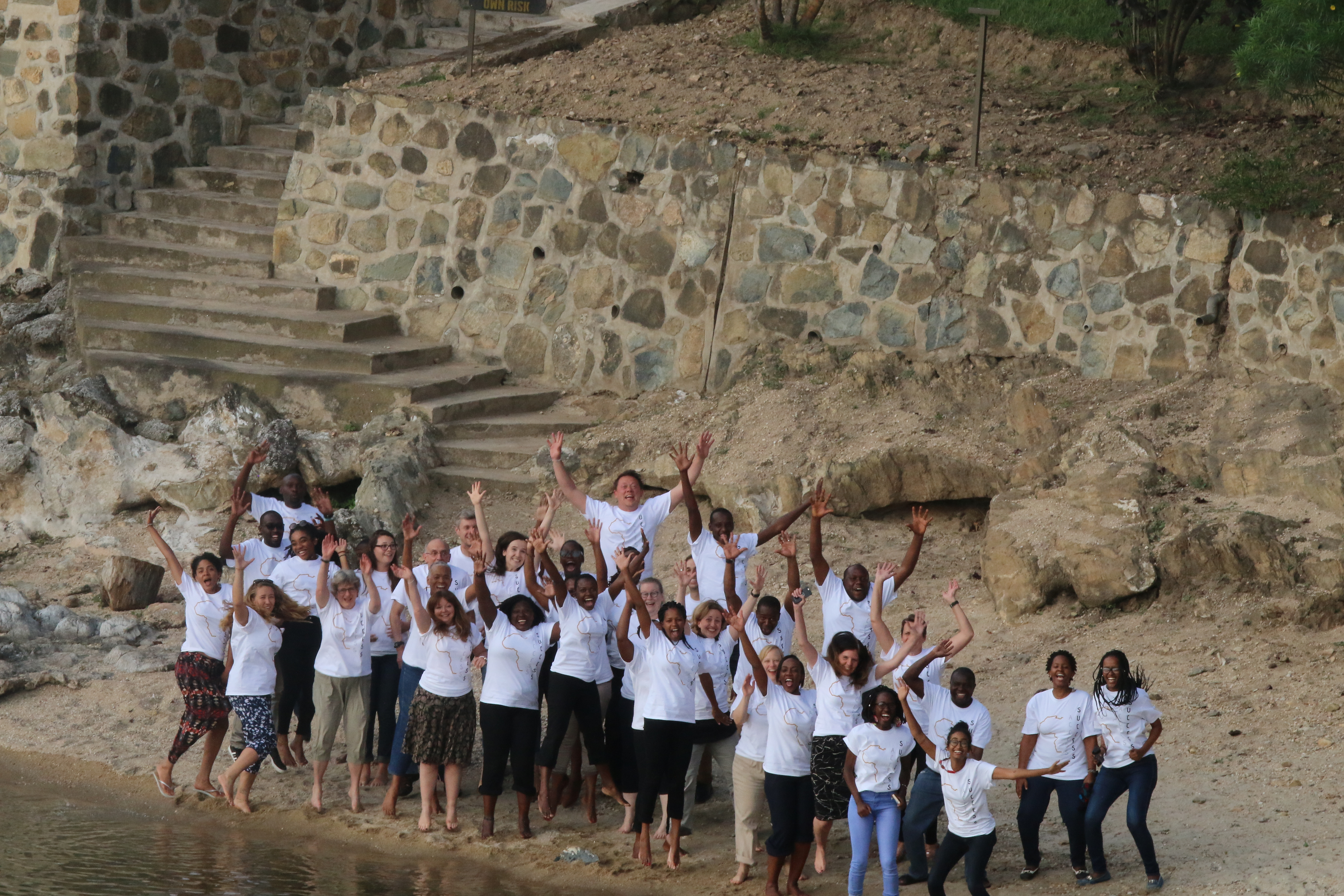Janet Heinonen of East Africa Scholars Fund writes about our time there.
Talent Is In Abundance: HALI Indaba Reflections
The recent HALI Indaba in Rwanda, an engaging gathering of passionate, professional advocates for HALI students, had many “glad to know that” moments.
Here are a few of mine:
• Why context is important on the CSS/Financial Aid Profile.
When an American student reports that a parent owns a business, that implies that the business is appropriately registered and reports its income and expenses. For a HALI African student, the family business may consist of a roadside table of maize for sale with no record-keeping or filing of tax returns. Context is everything. Students should make use of the final CSS section, Explanation and Special Circumstances, “to explain all those zeroes” on their application. If you’ve reviewed a student’s CSS and later discover you missed something, don’t panic. Your student can amend the CSS, sending an email to explain any errors and submit corrections.
• Why grad school applicants should advocate departmentally.
Many graduate programs at public universities rely on their departments to make financial aid decisions for international students, so it makes sense for university applicants to reach out to admission officers in those departments to introduce and advocate for themselves.
• Why students need nudging to return home.
Janet Heinonen of the East African Scholars Fund listens intently at the recent HALI Indaba.
The premise of most programs assisting HALI students is that the students will eventually return to their home country or continent to contribute. Expectations—both of the student and his or her family—may get in the way. Some students may not want to leave high U.S. salaries and the lifestyle they buy. Others are acutely aware that the “burdens of privilege include parental pressure to stay abroad and make the most use of opportunities,” noted an Indaba discussion leader.
While Indaba participants agreed in principle that HALI students should return, they acknowledged that graduate school and gaining work experience abroad delayed the process, making it more difficult as the years away accumulate. This could mean that the students lose most of their networks at home which makes it even harder to come back.
To reinforce the idea of social responsibility and maintain a closer relationship to home, students should be encouraged to return home on breaks, seek internships (ideally with funding from their colleges) or implement community service projects at or near home.
HALI Access Network Chairperson Rebecca Zeigler Mano added that students under pressure to send money home might commit to one tangible project such as paying for a sibling’s school fees, an affordable amount which also lets the college student fend off other family requests.
• Why HALI students need an “Eric” in their lives.
While those at the Indaba were themselves advocates for HALI students, a discussion of a Malcolm Gladwell “Revisionist History” podcast “Carlos Doesn’t Remember” emphasized the importance of advocates, using the case study of HALI student Carlos and benefactor Eric Eisher. Without Eric’s interventions, Carlos’s quest for higher education almost certainly would have been stymied by low-quality schools, a fragmenting family and four disastrous foster homes.
Eric identified Carlos as a brilliant fifth grader in South Los Angeles and advocated for him throughout the chaos of his home life. The personal details—which Carlos prefers not to remember—are representative of the struggles of HALI students everywhere to make their way into the meritocracy, and a reminder why so many never make it. Indaba participants shared some of their own “Eric/Erica” stories, highlighting the role their mentors played in guiding them to college.
As Gladwell noted, “it’s not like you’re looking for a needle in a haystack—there is plenty of talent out there…(but) the excitement of being smart goes away if not encouraged…TALENT IS FRAGILE.”
Written by Janet Heinonen, East African Scholars Fund


